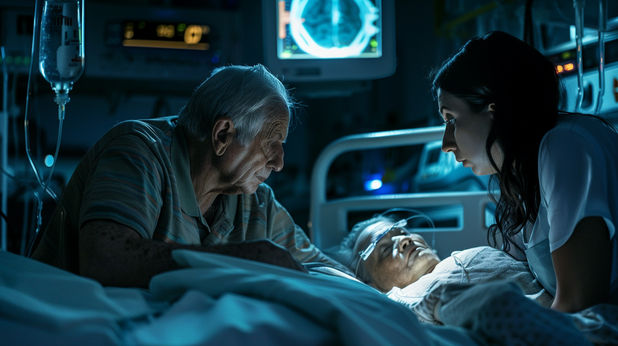As a Houston, Texas medical malpractice attorney, I’ve handled all kinds of weight loss and bariatric surgery cases. This includes procedures like lap bands, gastric imbrication, Roux-en-Y, gastric bypass, and duodenal switch (bileopancreatic diversion).
While the potential health benefits of keeping weight under control are appealing, I’ve found that bariatric procedures have some terrible complications that seem to happen commonly.
From a medical negligence perspective, there are some significant areas that we always investigate carefully.
First, there’s the question of whether the patient was an appropriate candidate for any type of weight-loss procedure, and, of course, the specific surgery that was performed.
Second, we look closely at post-operative signs and symptoms and whether they were recognized, evaluated, worked up, and treated, as needed, by the surgeon.
From my experience in representing bariatric patients, I’ve heard that many weight loss clinics feel a lot like an assembly line. Patients are brought into physician offices in groups for counseling and questions after their surgeries.
Surgeons realize that post-surgical patients perceive pain and changes to their bodies differently. Unfortunately, some surgeons are quick to mistake patients as “needy” or “whiners” when they have clear complications that need to be addressed.
One of the most common complications that I’ve seen over and over again is a difficulty in keeping food and even liquids down after bariatric surgery.
Medical experts agree that some nausea and vomiting is normal in the first few days after surgery, but after that it should be resolved. If it’s ongoing and intractable—can’t be relieved—then it’s important for the surgeon to take action to see if there is gastric outlet obstruction or some other abnormality.
To work up these types of symptoms, surgeon should consider ordering diagnostic testing like an upper GI or, preferably, a CT scan. When a patient has a blockage or stricture, the results are usually better with correcting it sooner rather than later.
We are here to help
Click here to send us a confidential email via our “Contact Us” form or call us at 281-580-8800, for a free initial consultation.
__________
Robert Painter is an award-winning medical malpractice attorney at Painter Law Firm PLLC, in Houston, Texas. He is a former hospital administrator who represents patients and family members in medical negligence and wrongful death lawsuits all over Texas.





